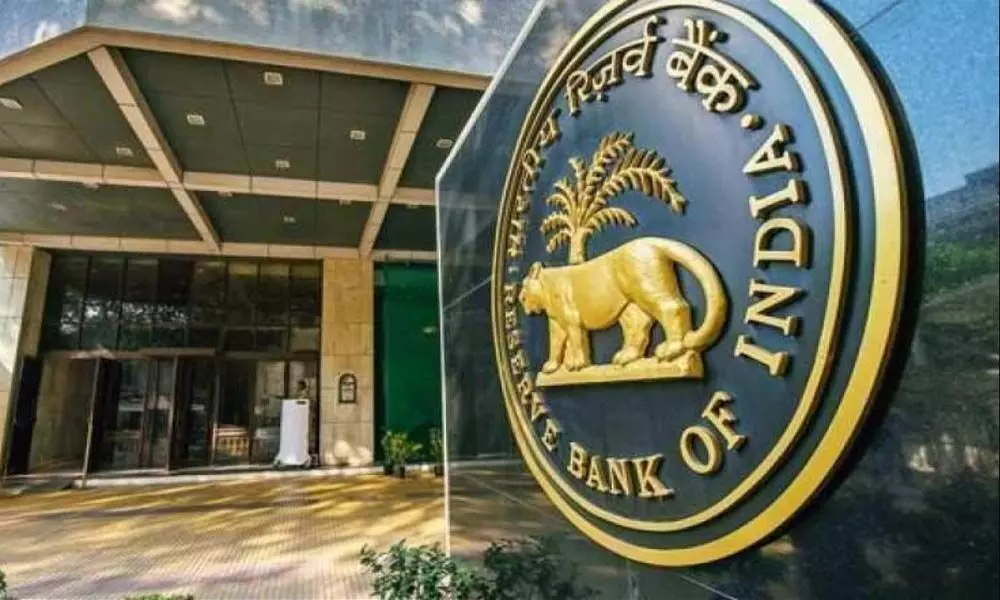Is RBI a free-ranging goose?
An article by RBI official says so, with an obvious reference to RBI's transfer of Rs 99,122 cr to the Centre
image for illustrative purpose

Authored by a group of RBI officials led by its deputy governor, Michael D Patra, an article, which forms part of the June'21 Bulletin of RBI which was released on Thursday, says that the apex bank can be characterised as a 'free-ranging' goose from the point of the surplus transfer alone. The article is titles as 'State of the Economy'.
The article has a reference of the recent surplus transfer amounting to Rs 99,122-crore to the Centre for the nine months ending March 31.
Referring to the findings of a comprehensive research on central banking in developing countries (Fry, Goodhart and Almeida, 1996), the article says, "In flow terms, we can think of the central bank as the government's golden goose.
With an unimpaired balance sheet, the free-range goose conducting conservative monetary policy with a fair degree of independence, produces golden eggs in the form of seigniorage worth 0.5 to 1 per cent of GDP." The surplus was 73.50 per cent higher vis-a-vis the Rs 57,128 crore transfer approved in the accounting year 2019-20. The surplus, mainly stemming from saving on balance sheet provisions and employees' superannuation and other funds, constitutes just 0.44 per cent of GDP (which is taken as a measure of seigniorage), the article said. In 2020, the transfer of surplus from RBI to the Government was 0.29 per cent of GDP. Further referring to research by Fry, Goodhart and Almeida, the article said the "battery farm goose", bred specially for intensive egg-laying, can produce golden eggs in the form of inflation tax yielding 5 to 10 per cent of GDP.
"The 'force-fed goose' can produce revenue of up to 25 per cent of GDP for a limited period before its inevitable demise and collapse of the economy. All three forms of central bank geese have been sighted in recent years," the article goes on. The impact of the second wave of Covid-19 estimated at about Rs 2 lakh crore of lost 2021-22 output, it says.
According to the RBI Governor Shaktikanta Das, "With the second wave intensifying this financial year, the focus of the Reserve Bank is increasingly turning from systemic liquidity to its equitable distribution. In fact, the enduring lesson from the experience of the pandemic in the Indian context has been the deployment of unconventional monetary policy measures that distribute liquidity among all stakeholders."

